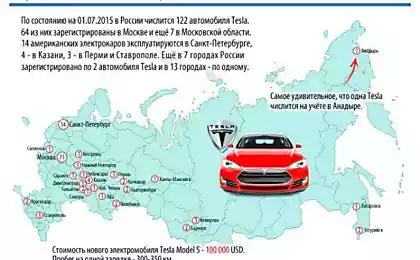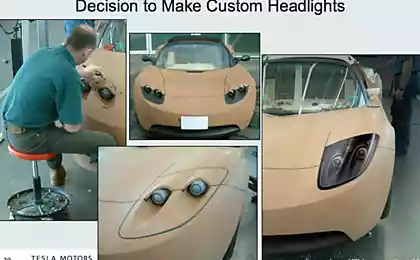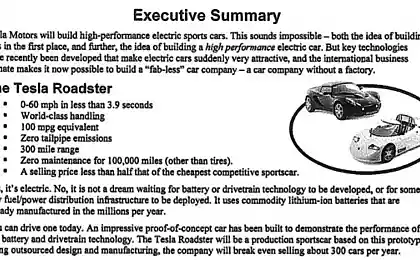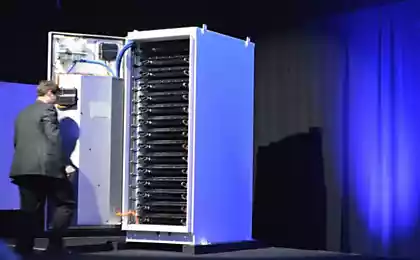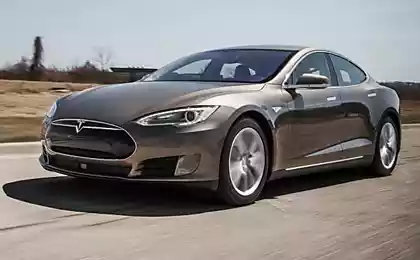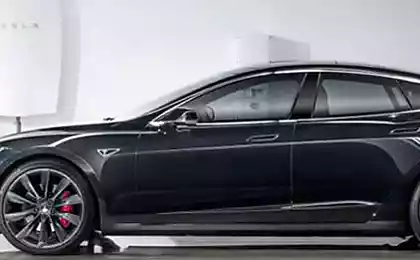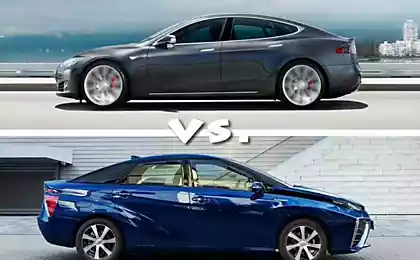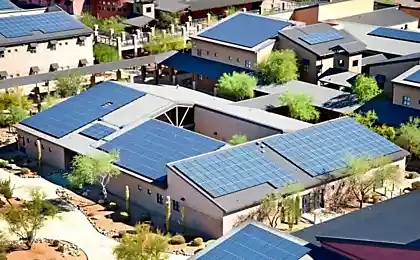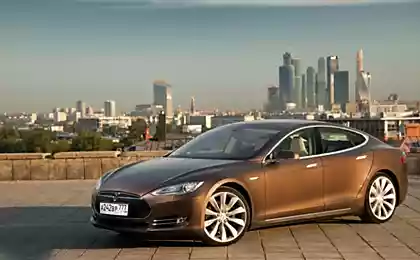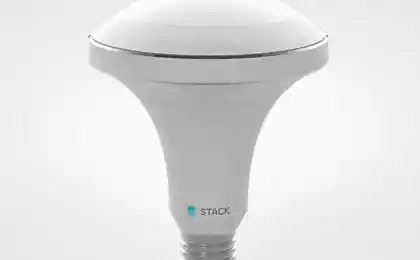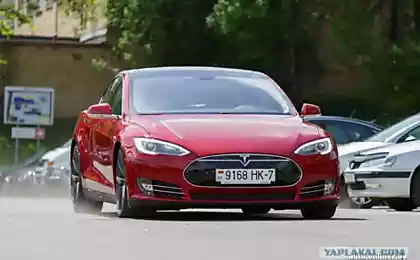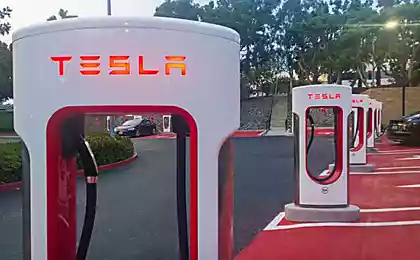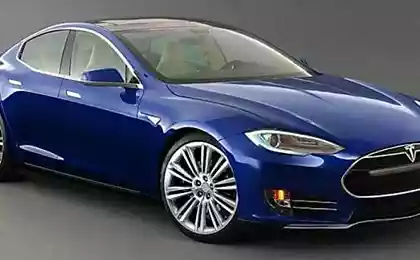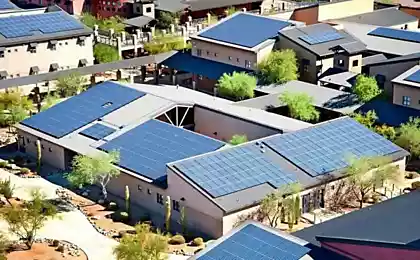448
Smart light bulb a native of Tesla

At the time, while lamps with built-in Wi-Fi, like Phillips Hue still require manipulation via the app on your smartphone, the company Stack embeds all the necessary smart components directly in the bulb, enabling the device to study the room and what is happening in it, automatically adjusting the lighting in accordance with the situation, while not requiring any participation from the side.
Phillips Hue in a practical sense, moves the switch from the wall to your smartphone. Neat feature, giving you the opportunity to increase or decrease the brightness and change the colour of the light from your favorite spot on the couch.
LED bulb Stack have the same functionality, but the company decided to bring the lighting up to the level of the Internet of things, embedding sensors and microcontrollers, along with controllers, Bluetooth, Zigbee and iBeacon directly into the lamp. In reality, this means that in that moment, when the rain clouds are exhausted, and seemed for them the sun will suddenly illuminate the room, a sensor in the lamp will keep track of the change and automatically reduce the brightness to the required level depending on the amount of light.
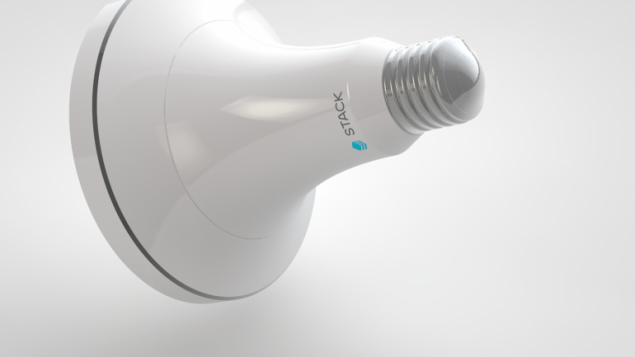
The idea of such smart light bulbs come to mind, Executive Director of the Stack to Neil Joseph (Neil Joseph) while he worked as a program Manager delivery at Tesla Motors. Sitting near the window Sunny Californian day in the main office of the company, Joseph wondered, why in a brightly lit room, the light has the same brightness as usual. If the screens of phones and computers can automatically adjust the brightness depending on the surrounding conditions, then why can't the lamp? Since the idea was fresh, and the market for this type of lamps is completely empty, Joseph left Tesla Motors in late 2013 and founded the company Stack.
Special purpose for Joseph personally and Stack in General was creating as user-friendly lighting source as possible. For the vast majority of people connecting lamp will begin with the banal screwing the bulb into the socket, then connecting the controller of the lamp Stack to the wireless router, and finally, with the application, the definition of the environment used lamps at home or in the workplace.
Standard PE will satisfy the needs of most users – a cool blue glow in the morning and a warm yellow-white in the evening – no additional action is required, even from the couch. Software light bulb will do everything for you, studying on-the-go on your schedule and habits. Bulb also knows the time of day and number of people in the room. So when at midnight you want to eat, the lamp will light your way soft orange glow, enough for you not passed by the refrigerator.

For those who are interested to Tinker with the settings, the included app allows you to create lighting zones with the specific behavior of the lamps. By using the learning function built-in lamp and controller, the system determines a unique model of human behavior, which is constantly in the zone of sensitivity of the lamp and adjusts the light accordingly. And if you don't want the light flashed every time the Ball or the cat will run around the room, you can tell the lamp that you have a pet.
However, what really separates the lamp Stack from competitors, so it is potential to become part of the IoT systems (Internet of Things – Internet of Things). Having a source of light and motion sensors on one circuit Board, and because LEDs are based devices the core intellectual property, the Stack will be able to combine the lamp with other devices using the API (application programming interface – application programming interface) like Nest and HomeKit. But while Nest with their sensors have only one or two points of contact inside the house, the lamp Stack can be in each room, collecting and analyzing data, and acting as the Central nervous system of the Internet of Things.
Starter set from the Stack comprises two Alba BR30 bulb with standard base necessary for the functioning of the system Zigbee controller. Price – $ 150 and is currently only available for pre-order with delivery in early 2015. Each additional bulb will cost $ 60.
For those who are a chore to look at the price tag for the lamp Stack did the calculation – for homes with a total area of 150 square meters covered during 4 hours of daily light will save 600 to $ 700 per year compared with incandescent. The life time of Alba is estimated at 50 000 hours. Model in the classic "edisonova" style are expected a little later.
Source: facepla.net

